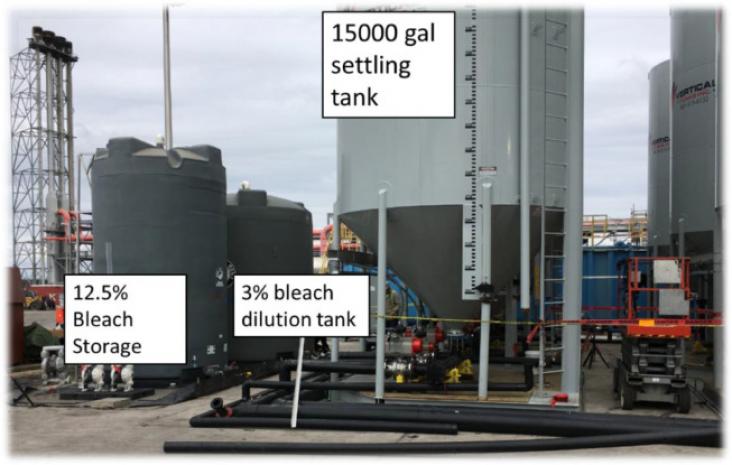Local authorities in the United Kingdom are recognised by central government as key agents to achieving the national net zero target aimed at stabilising global temperatures at or below 1.5 degrees in
Despite the improvement in technologies for the production of alternative fuels (AFs), and the needs for using more AFs for motor vehicles for the reductions in air pollution and greenhouse gases,
Supports wind energy
Clean energy transition.
As the country with the world's largest coal power capacity, China is launching a national carbon market. How the carbon pricing may contribute to phasing out China's coal power is a great concern.
The widespread consumption of electronic devices has made spent batteries an ongoing economic and ecological concern with a compound annual growth rate of up to 8% during 2018, and expected to reach b
The association of melting Himalayan glaciers and planetary health is complex.

Thanks to fast learning and sustained growth, solar photovoltaics (PV) is today a highly cost-competitive technology, ready to contribute substantially to CO2 emissions mitigation.
Rapid climate action is urgently necessary, but it poses risks to justice. Major justice risks relate to fossil fuel phase-out, increased resource use, distribution of economic impacts, human needs. To mitigate against this we need to be inclusive of diverse voices and able to deal with radical ideas. This paper outlines a way we can do this.

